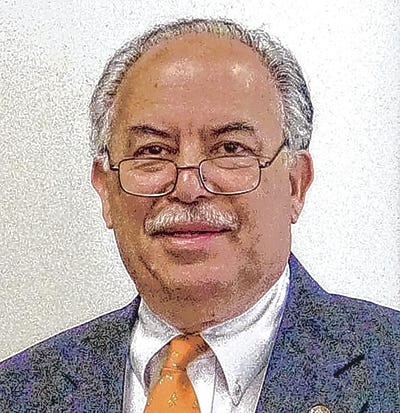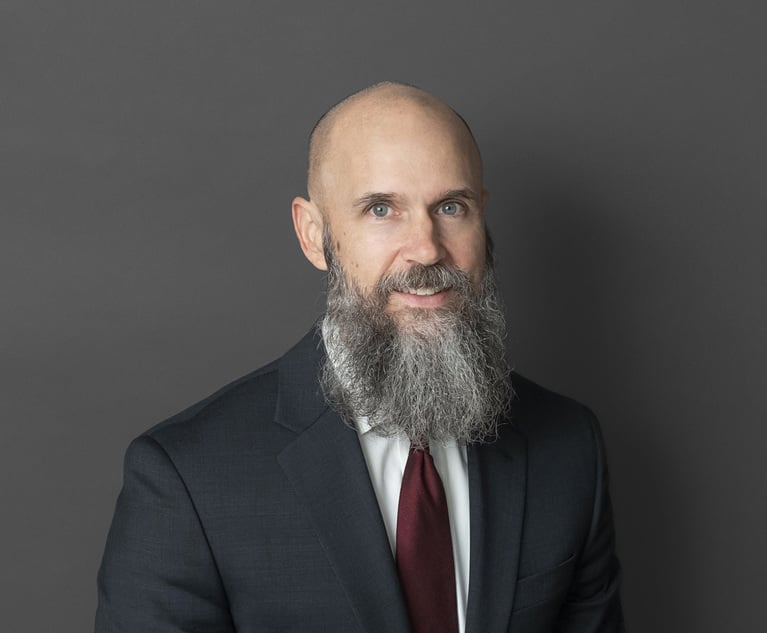
Let’s get the accolades out of the way. The subject of today’s essay is prompted by a recent one by David Brooks in The New York Times in which he quoted his NYT colleague Thomas Friedman, who dubbed the period we are in, “The Age of Acceleration.”
With the impetus from Friedman plus experience and perspective I’ve gathered in 26 years as a coach and advisor, including 20 years as a columnist and job market observer, I submit the following.
Whether talking about thousands of years, as Friedman does, or in shorter timeframes, as I do (industrialization, unionization, computerization, etc.), two things remain constant: change and the pace of it. Friedman’s assertion and Brooks’ endorsement are irrefutable.
For 26 years, I’ve been writing and presenting on change. My earliest citations are from 1997, when I began teaching a leadership course in the MBA program at FDU. Leaders must not only deal with change, I realized in a real “no kidding” moment, they must think in terms of creating it. True then. Exponentially more so now.
We must also learn to measure or assess change in new ways, not in traditional measurements, but in three new ones: nature, pace, and scope. The nature of change is that it no longer belongs solely to the wealthy or powerful. The pace, well that’s what Friedman is talking about. And the scope of change is now truly global; it can happen anywhere and go everywhere.
Dazzling breakthroughs have occurred in vaccines (mRNA), mining (rare earth), energy (fusion), agriculture (vertical), surgery (amplified MRI), and so on. They’re all breathtaking, but the accelerator, surely, is now artificial intelligence.
A.I. as a concept is nothing new. As a suddenly unstoppable force, it is. Alan Turing conceptualized it in the late 1940s. Arthur C. Clarke wrote his 1951 story 2001: A Space Odyssey, and Stanley Kubrick (with Clarke) produced his 1968 movie of the same name. They showed us presciently what A.I. would look like.
[Side note: If you’ve never seen 2001: A Space Odyssey, the most consequential movie ever made (my opinion, no argument accepted), then get into a serious, pensive mood, choose a good companion, and block out four hours of uninterrupted, uncorrupted time (three for the movie and another to exhale.) Then you’ll have context you need for this A.I.-driven “Age of Acceleration,”]
Truly, this is much more than a cool tool that can write a paper for you. It’s also not, as many fear, the monster that’s going to eat your job and millions of others with it. Will A.I. change the job market landscape? Absolutely, but how it will, depends on your approach and choices.
So I decided to examine A.I. not through a technology lens, but in social science and societal terms. I sought out experts and I’m excited that in subsequent columns I will bring you excerpts of interviews I conducted with two scholars at Stevens Institute of Technology in Hoboken, New Jersey:
-
Dr. Nick Byrd, Ph.D., Assistant Professor in the College of Arts and Letters, who has conducted research on intuition, reflection, critical thinking, (de)polarization, belief systems, bias, ethics, religion, politics, decision science, judgment and decision-making, experimental philosophy, philosophy of mind, philosophy of science, well-being, and digital technology.
-
Dr. Lindsey Cormack, Ph.D., Associate Professor of Political Science in the College of Arts and Letters, whose areas of focus are American politics, political communication, congress, veterans politics, women in politics, and inter-branch relations.
I had already been making significant changes to my career coaching practice, based on A.I. alone. Then came stimulating conversations with Dr. Byrd and Dr. Cormack, not to mention Friedman’s characterization of “The Age of Acceleration.”
They’ve all confirmed my thinking. So, let the technologists and computer scientists say – and do – what they want about A.I. We shall examine this in a holistic manner, trying to see the big picture or, as Albert Einstein would ponder, “What’s going on here? What’s this a part of?” I promise you insights you may not have developed yet, AHA! moments you have not yet had, perspectives you have not yet formed, ethical decisions you have not yet considered, a new eagerness to get involved that you may never have imagined, and – overall – a new approach to your career that may have been a complete blind spot to you until now.
And then you might just recognize career choices you never knew were yours.
———————————
Eli Amdur has been providing individualized career and executive coaching, as well as corporate leadership advice since 1997. For 15 years he taught graduate leadership courses at FDU. He has been a regular writer for this and other publications since 2003. You can reach him at eli.amdur@amdurcoaching.com or 201-357-5844.

This article originally appeared on NorthJersey.com: Artificial intelligence can be a catalyst for change in the job market


